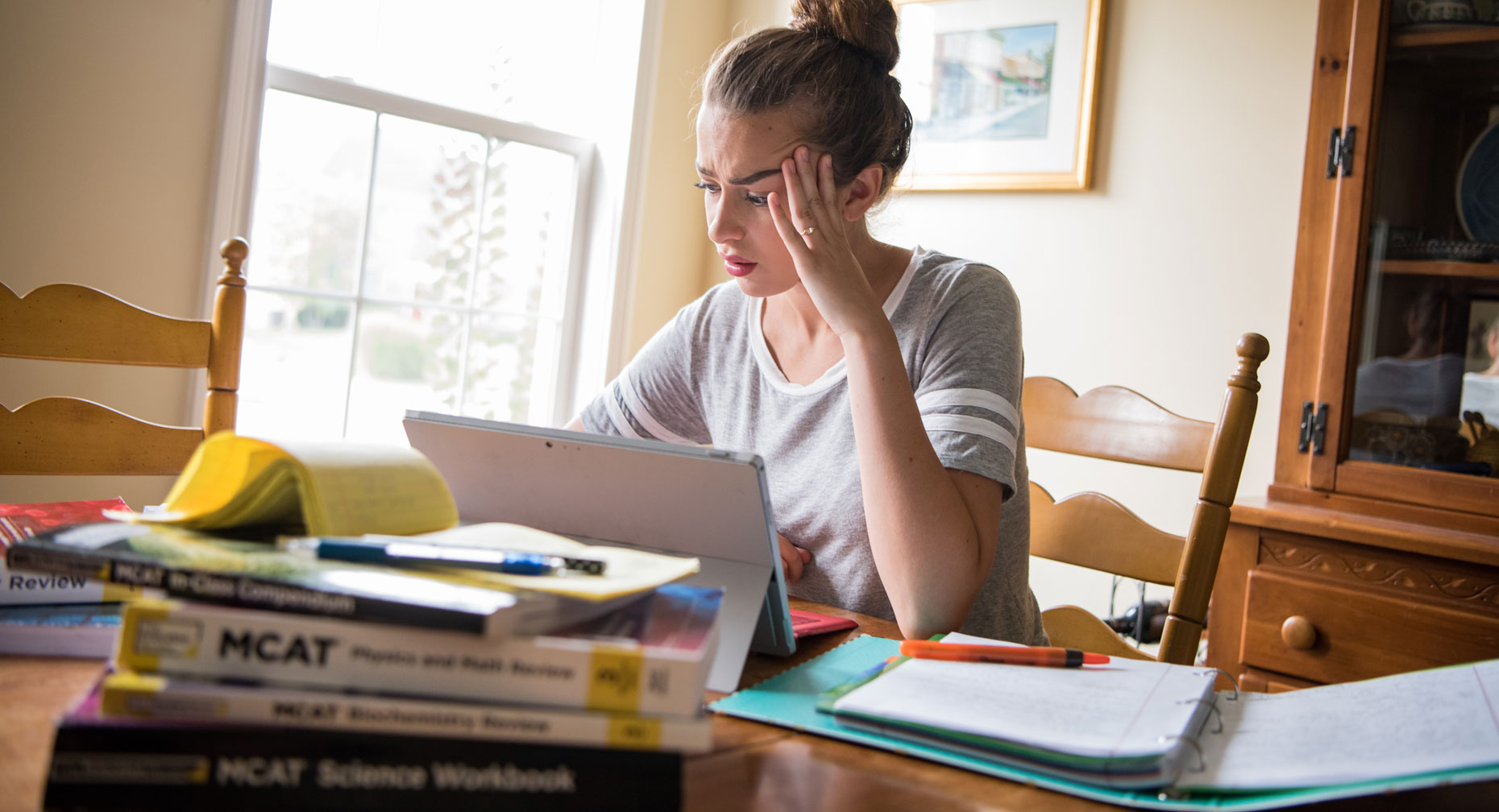TYPES OF ANXIETY
Anxiety is a key part of several unique issues. These encompass:
•panic disorder: experiencing routine panic attacks at surprising times. A person with panic disorder may also stay in worry of the next panic attack.
•phobia: excessive fear of a selected object, situation, or activity
•social anxiety disorder: severe fear of being judged by others in social situations
•obsessive-compulsive disorder: routine irrational thoughts that lead you to perform specific, repeated behaviors
•separation anxiety disorder: worry of being away from home or cherished ones
•infection anxiety disorder: anxiety approximately your health (formerly called hypochondria)
•post-disturbing stress disorder (PTSD): anxiety following a stressful event
SIGNS OF ANXIETY
Anxiety feels unique trust on the person experiencing it. Feelings can variety from butterflies in your belly to a racing coronary heart. You might experience out of control, like there’s a disconnection between your thoughts and body.
Other ways people experience anxiety include nightmares, panic attack, and painful mind or reminiscences that you can’t control. You may also have a popular feeling of worry and worry, or you can worry a particular area or occasion.
SYMPTOMS OF ANXIETY
•increased coronary heart rate
•speedy breathing
•restlessness
•trouble concentrating
•problem falling asleep
Common symptoms of an anxiety attack include:
•feeling weak or dizzy
•shortness of breath
•dry mouth
•sweating
•chills or warm flashes
•apprehension and worry
•restlessness
•distress
•fear
•numbness or tingling
Your anxiety symptoms might be completely exclusive from someone else’s. That’s why it’s important to know all the ways anxiety can present itself. A panic attack and an anxiety attack percentage some commonplace symptoms, however they’re not the same. Learn more approximately each so that you can decide if your signs are the end result of either.
AYURVEDIC VIEW OF ANXIETY
According to Ayurveda, our mind is regulated by using way of three energies – Satva, Rajah, and Tamas. Out of those, Satva is herbal and positive electricity which never becomes a reason of any disease. But the imbalance within the Rajah and Tamas creates a situation referred to as ‘Altered anxious function’ which can motive many health issues. Anxiety is termed as ‘Udweg’ in Ayurveda, and it’s also caused by means of aggravated Rajah and Tamas dosha.
AYURVEDIC TREATMENT OF ANXIETY
The energy of Ayurvedic treatment is to dispose of the root reason of pressure, anxiety, sadness and other mental troubles, and correcting the vital stability of thoughts, body, and emotions. The natural treatments help to achieve a strong, rejuvenated and healthy mind and body obviously without any facet effects.
According to Ayurveda, anxiety is caused by imbalance of Vata dosha within the Nervous system; therefore ayurvedic approach to cure anxiety is to stability the irritated dosha. A quality Panchakarma cures which relieve the circumstance of fear and other serious circumstance along with ayurveda medicines .The panchkarma therapy for anxiety for man or woman are –
· Abhyangam: Abhyangam is a manner in which full body massage is finished with medicated lukewarm oil. This remedy increases blood circulation to do away with all the metabolic wastes and pollutants from the body. It stimulates the critical pressure points, which finally ends up in worried stimulation and reduces stress and anxiety. The prescribed time for rub down is approximately 40 five-50 minutes in seven unique positions. Abhyangam balances the annoyed Doshas and facilitates inside the preservation of mental, emotional, and physical problems.
· Padabhyangam:This Ayurvedic rubdown consists of the stimulation of nerve endings and essential pressure points in the foot to balance the Doshas. This also promotes intellectual calmness, rеliеvеs stress and anxiety.
· Nasyam:Nasyam is a a part of Panchakarma therapy which ensures the administration of medicated oils or pills through nostrils. This treatment stimulates the essential facilities of the brain to success over problems which include stress, anxiety, and insomnia.
The techniques of nasyam begin with a facial rubdown or steam utility to the face, forehead, ears, and neck. After that, a therapist instills herbal oils, juices, or powders thru the nasal route, which then spreads through venous (blood circulation) by the nostrils. Then the patient is given lukewarm warm water to gargle and medicated smoke for inhalation.
· Shirodhara – A continuous pouring of medicated liquid (milk, buttermilk,), (dashmoola kwath, chandanadi oil), over the forehead daily for approximately 30-45 mins.
HEALTHY TIPS AND DIET FOR ANXIETY
· Avoid sugar, caffeine, cold/uncooked or frozen foods.
· Eggs are outstanding supply of protein and tryptophan that enables to adjust mood, sleep, memory, and behavior.
· Inflammation can be partly chargeable for the anxiety, pressure and despair, accordingly the intake of turmeric; cow milk may additionally help in decreasing the inflammation.
· Proteins source consisting of lean meat, fish, nuts offer amino acids, wherein thebody converts intoanger-lifting neurotransmitters alongside with serotonin.
· Spinach and Swiss chard both have a high amount of magnesium which is useful in decreasing anxiety conditions.
· Regular intake of almonds is an brilliant source of diet E. Vitamin E deficiency has been connected toanger problems.
· Regular practising of Pranayama offers effective result in the reduction of the anxiety. Pranayama like, anulom vilom, ujjayi, bhramari are useful inside the circumstance of Anxiety.
· Shavasana, Tadasana, Matsyasana, Mandukasana, Bhujangasana helps in deep relaxation of the mind which ultimately reduces the anxiety.
